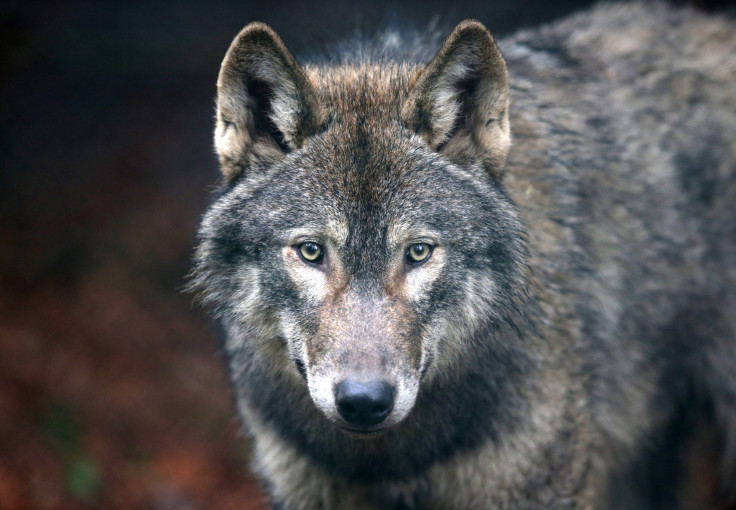Proposed Wolf Killings In Washington Spark Outrage Amongst Conservation Groups, Tribes

The Washington Department of Fish and Wildlife’s (WDFW) decision to kill a wolf pack responsible for killing and injuring livestock in the northeastern parts of the state has received major backlash from conservation groups and local tribes.
The West Coast state is home to 90 wolves and this population would reduce by 12 percent if members of the Profanity Peak pack are removed. The department shot two wolves from the pack earlier in August but the extermination of the remaining nine was suspended after reports of livestock killings ceased.
“At that time, we said we would restart this operation if there was another wolf attack, and now we have three,” Donny Martorello, head of wolf policy at WDFW, said in a press release. “The department is committed to wolf recovery, but we also have a shared responsibility to protect livestock from repeated depredation by wolves.”
According to the Associated Press (AP), the state killed members of the Wedge pack of wolves for killing livestock in 2012, raising questions regarding the effectiveness of the strategy from conservation groups who say that livestock, not wolves, is the problem.
“By no stretch of the imagination can killing 12 percent of the state's tiny population of 90 wolves be consistent with recovery,” AP quoted Amaroq Weiss of the Center for Biological Diversity as saying. “We can’t keep placing wolves in harm’s way by repeatedly dumping livestock onto public lands with indefensible terrain, then killing the wolves when conflicts arise.”
The killings also violate Native American treaty and religious rights, according to Cowlitz tribal elder Roger Dobson. Northwest Public Radio quoted Dobson as saying: “Our sacred animals are our religion. They are a part of us they are a part of our beliefs.”
‘Protect the Wolves,’ an advocacy group run by Dobson, has sent a cease and desist letter to Martorello, who said the pack removal “is [not] counter to treaty rights.”
Not all conservation groups oppose the removal, with some concentrating more on long term goals instead of the immediate effect on the population.
“Achieving these long term goals requires compromise,” Chase Gunnell, a spokesperson for Conservation Northwest, told Christian Science Monitor in an email, “including new proactive and costly efforts from ranchers and sometimes the removal of wolves that are preying on livestock despite those efforts. This is a fact of responsible wolf recovery, and though it can be heartrending, it won’t stop wolves from flourishing in our region over the long run.”
© Copyright IBTimes 2024. All rights reserved.





















